Hey there, honey lovers! We’ve all heard that sweet, golden goodness can be a healthier alternative to sugar, but what’s the buzz about honey and blood sugar? Can it really help you maintain those sugar levels while satisfying your sweet tooth? Let’s dive into the hive of knowledge and explore how honey plays its sweet role in blood sugar management.
Honey vs. Sugar: A Sweet Showdown
First things first, let’s understand what sets honey apart from regular sugar. You see, honey isn’t just any sweet treat; it’s a natural nectar made by bees from flower juice. Honey’s composition is more than just sugar – it’s got water, enzymes, and minerals dancing in the mix.
On the other hand, sugar, that crystalline sweetheart, is mainly sucrose – a combo of glucose and fructose. Think of honey as the all-natural, multi-talented superstar and sugar as its one-hit-wonder cousin. They might taste similar, but they’ve got different scripts in the sweet story.
Honey’s Blood Sugar Balancing Act
Now, let’s talk about honey’s role in the blood sugar arena. Honey has a lower glycemic index (GI) than sugar, which means it doesn’t send your blood sugar on a rollercoaster ride after you indulge. Instead of causing a quick spike, honey enters your bloodstream more steadily, like a smooth jazz performance.
But wait, there’s more to this sweet saga. Studies have hinted that honey might do more than just keep those sugar levels in check. Some research suggests it could reduce insulin resistance, making it a potential ally in the fight against diabetes.
Diving into the Science Lab
Alright, folks, let’s put on our lab coats (imaginary ones, of course) and explore what the scientists are saying:
The Sweet Swap: In a study published in the Journal of the Medical Association of Thailand (2010), folks with type 2 diabetes who swapped sugar for honey saw significant improvements in blood sugar control. HbA1c levels, the blood sugar markers, were dancing to a happier tune.
Slow and Steady Wins: The Journal of the International Society of Sports Nutrition (2011) noted that honey, in a face-off with sugar, had a lower GI and didn’t cause those sugar spikes. It’s like honey’s saying, “I’ll take it slow.”
Pre-Workout Honey: In 2012, the European Journal of Clinical Nutrition found that having honey before exercise could lead to lower blood sugar levels and better insulin sensitivity in folks with type 2 diabetes. It’s like honey is the perfect workout buddy.
The Sweet Defender: A review in the journal Nutrients (2015) hinted that honey might have multiple benefits for blood sugar control. Think of it as the hero swooping in to rescue your sugar levels.
Honey vs. Breakfast: The Journal of Diabetes & Metabolic Disorders (2016) showed that swapping honey for glucose or maltodextrin during breakfast helped lower blood sugar levels and improve insulin sensitivity.
Honey, the Prediabetes Hero: In 2018, the Journal of the American College of Nutrition shared that honey, as part of a carb-loaded breakfast, did wonders for blood sugar levels and insulin sensitivity in people with prediabetes.
Conclusion: A Sweet Ending
Alright, honey enthusiasts, here’s the sweet scoop. While honey shows promise in the world of blood sugar management, it’s no superhero cape. It’s still a form of sugar, so don’t go on a honey binge just yet. If you’ve got diabetes or are looking to control your blood sugar, a chat with a healthcare pro is your best bet.
Remember, honey and blood sugar have a fascinating connection. It’s like nature’s little secret to keeping your sweetness in balance. Enjoy it, but like any good thing in life, moderation is the key. So, drizzle a little honey on that morning oatmeal and savour the delicious journey to healthier blood sugar levels.
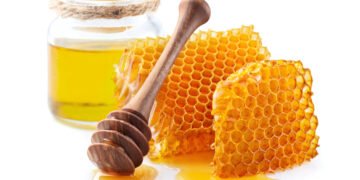




















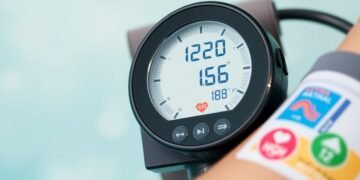










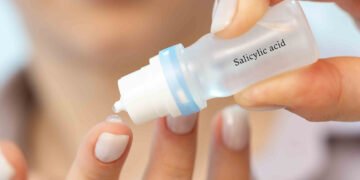





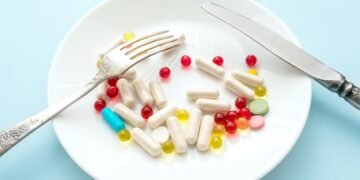

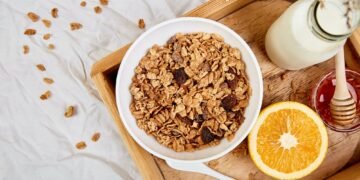














Discussion about this post